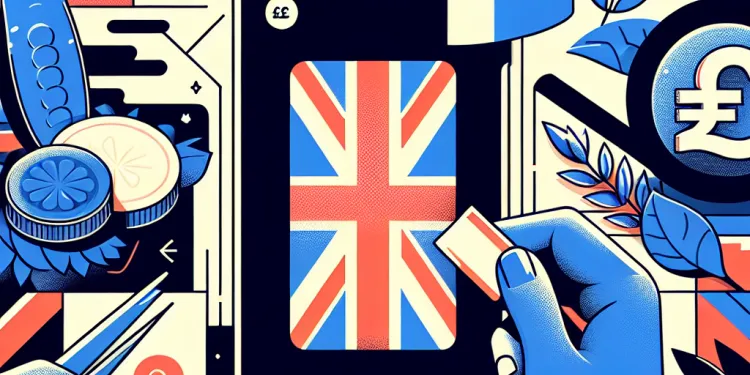
Find Help
More Items From Ergsy search
-
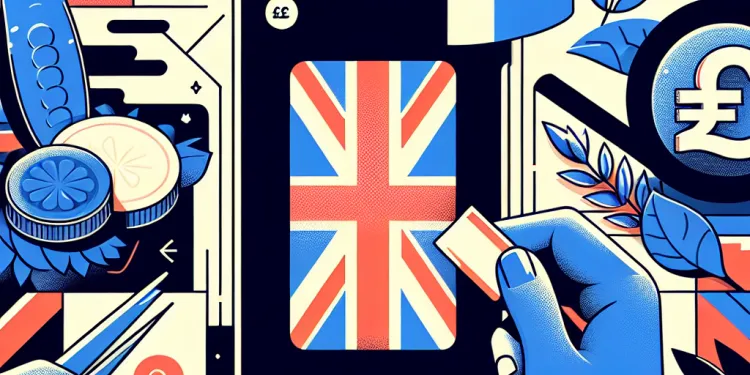
What is the DASH diet?
Relevance: 100%
-
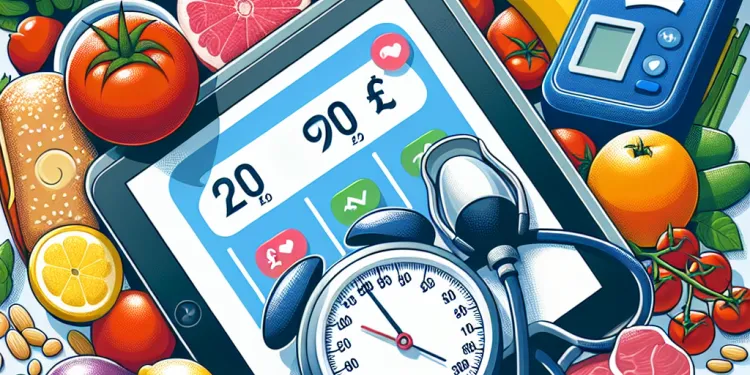
How does diet affect blood pressure?
Relevance: 48%
-
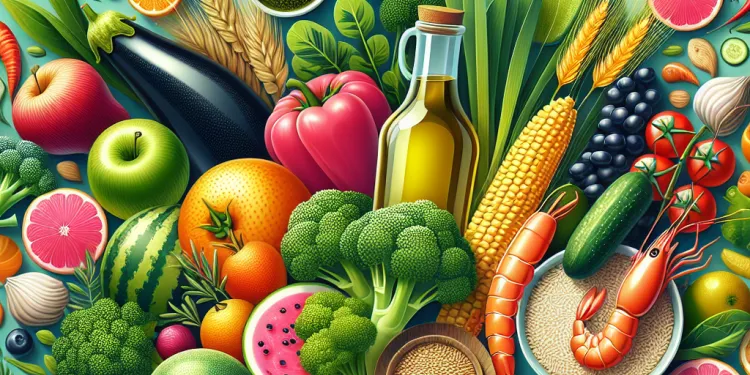
Understanding the Benefits of the Mediterranean Diet
Relevance: 30%
-
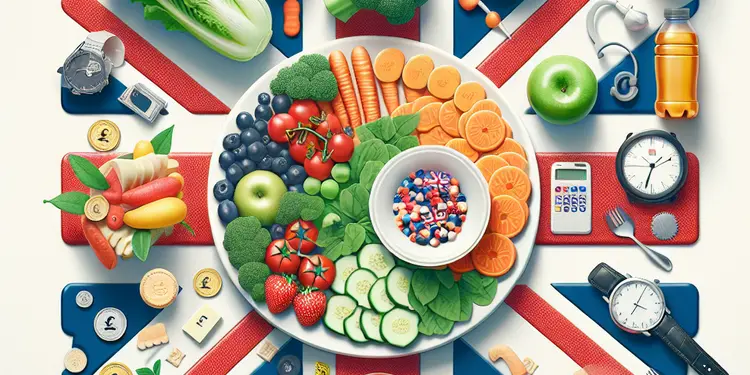
Can a low-fat diet be unhealthy?
Relevance: 30%
-
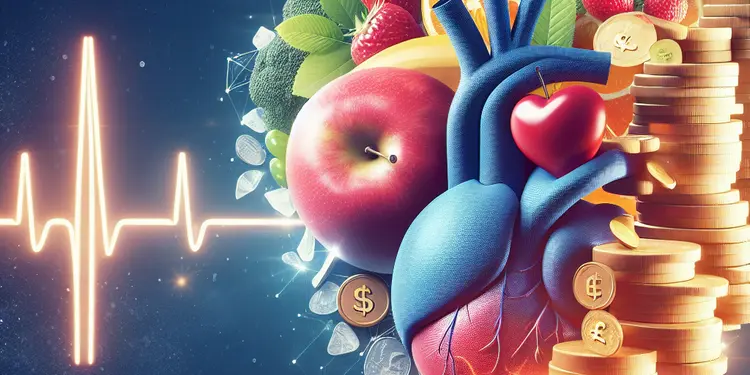
What is the role of diet in managing heart failure?
Relevance: 30%
-
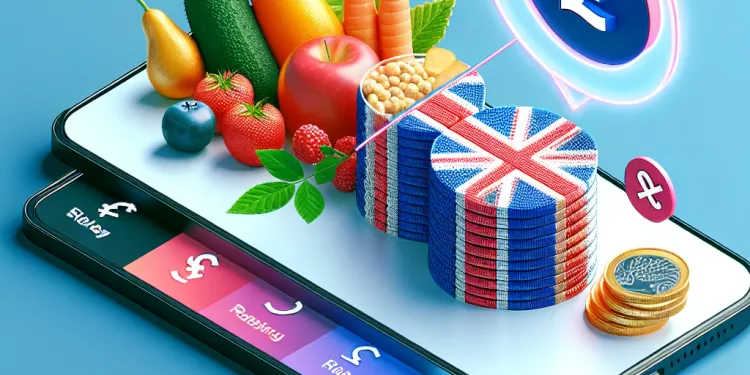
Can diet affect psoriasis?
Relevance: 30%
-
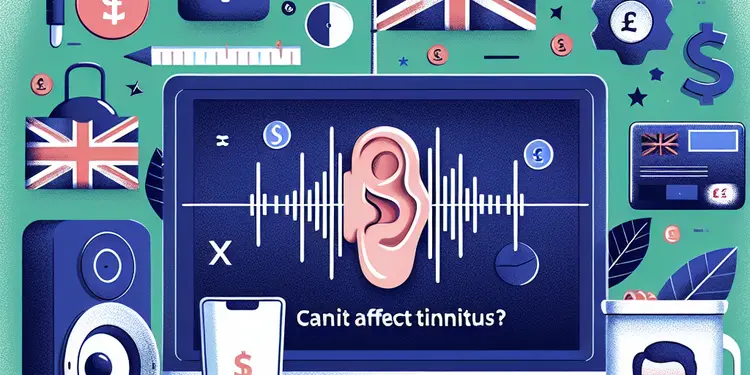
Can diet affect tinnitus?
Relevance: 30%
-
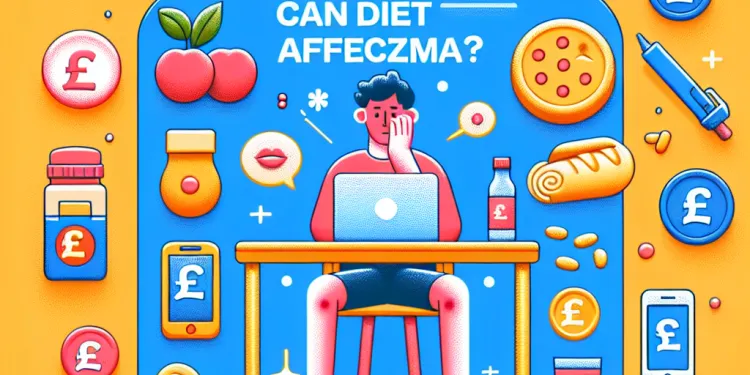
Can diet affect eczema?
Relevance: 29%
-
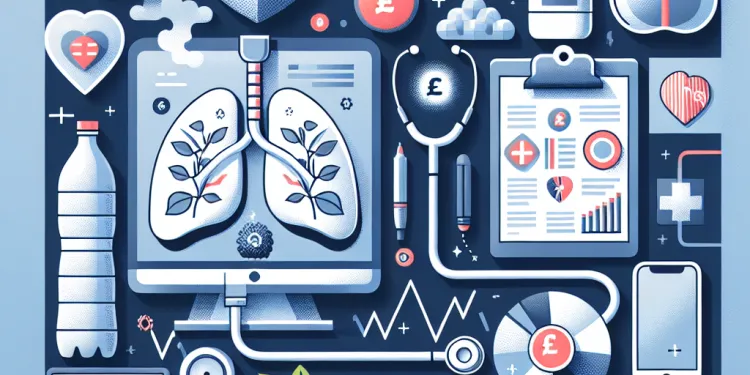
Can diet affect asthma?
Relevance: 29%
-
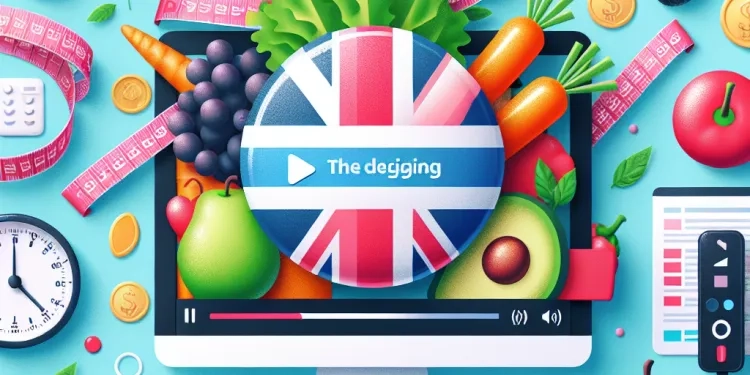
What role does diet play in managing obesity?
Relevance: 29%
-

Can diet impact BPH?
Relevance: 29%
-
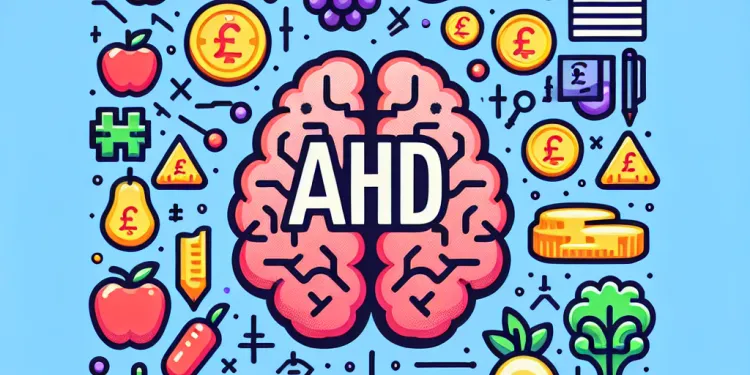
Can diet affect ADHD symptoms?
Relevance: 28%
-
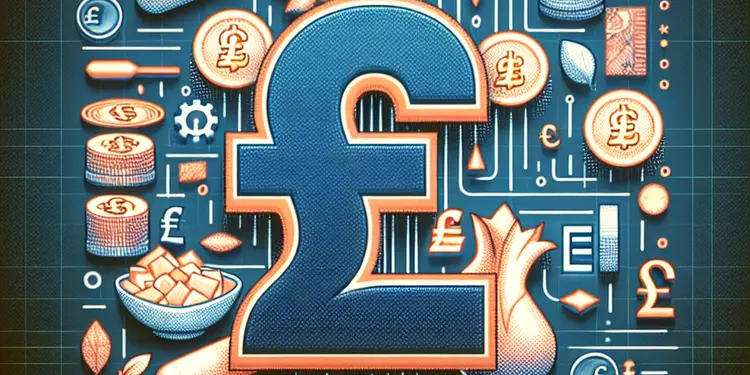
Why is fat important in my diet?
Relevance: 28%
-
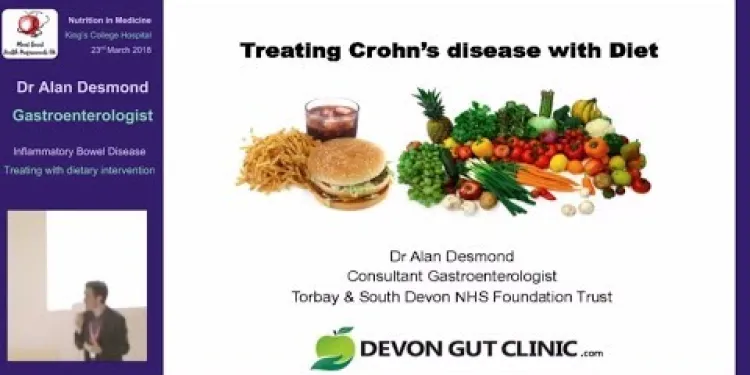
What is the best diet for Crohn’s disease?
Relevance: 28%
-
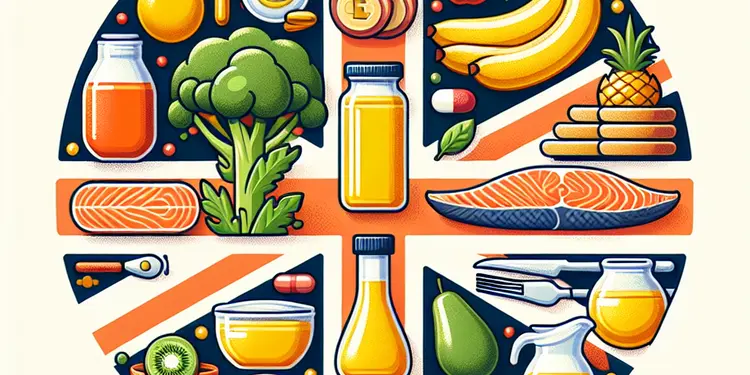
What is the omega-6 to omega-3 ratio in diets?
Relevance: 28%
-
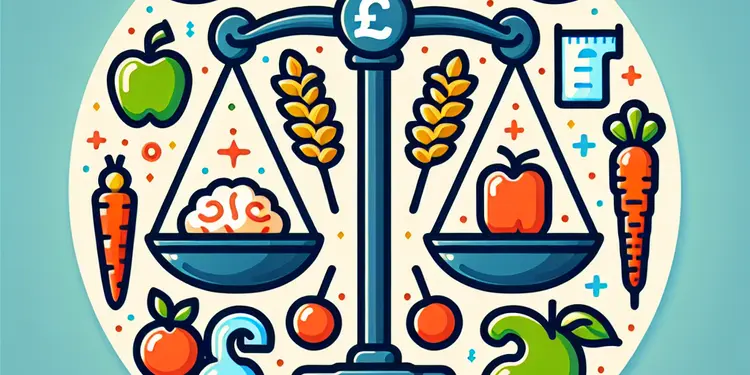
Is diet linked to the rise in bowel cancer?
Relevance: 28%
-
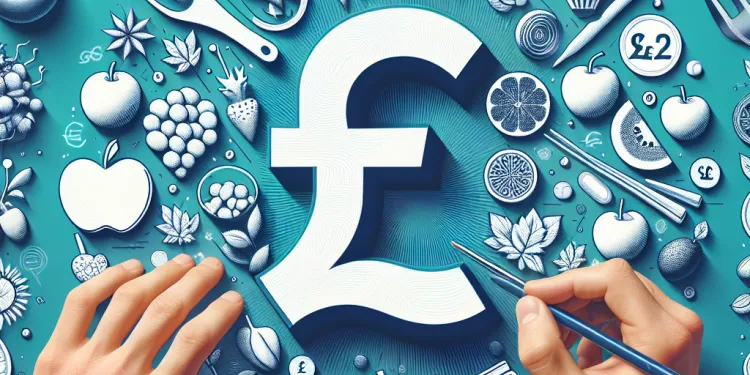
Can diet influence cortisol levels?
Relevance: 27%
-
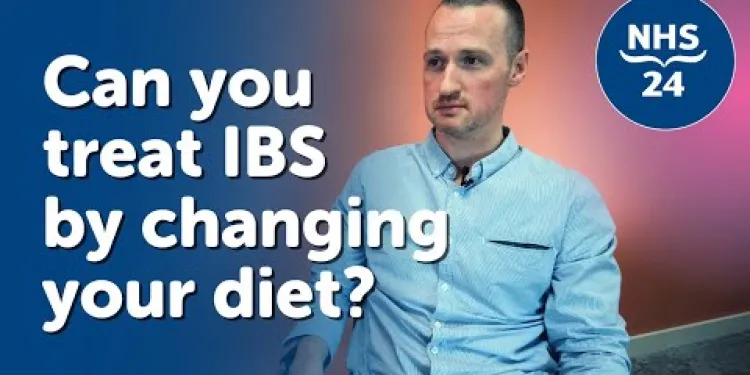
Does your diet affect IBS?
Relevance: 27%
-
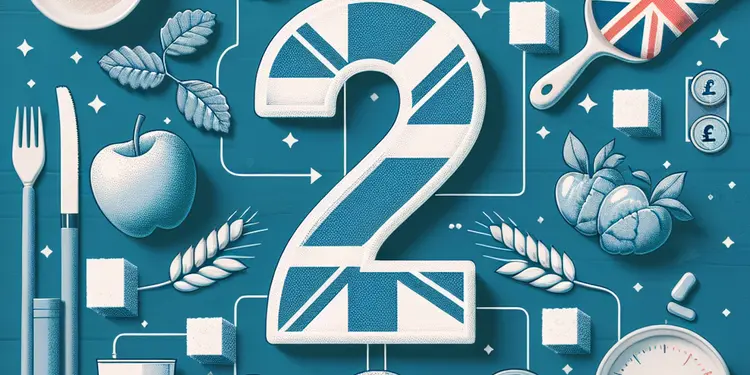
What is the role of sugar in a balanced diet?
Relevance: 27%
-

Can diet impact postnatal depression?
Relevance: 27%
-
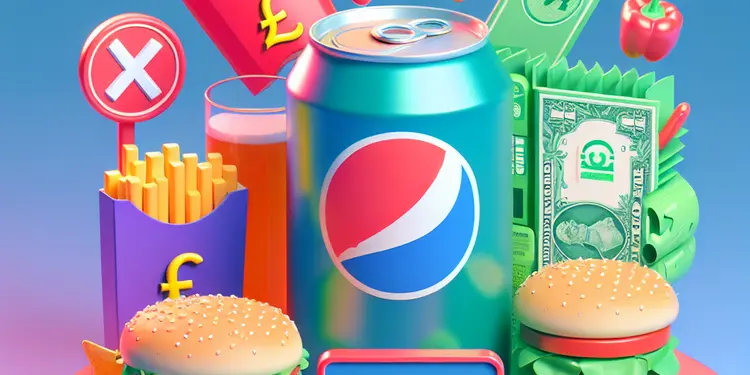
Can junk food be part of a balanced diet?
Relevance: 27%
-
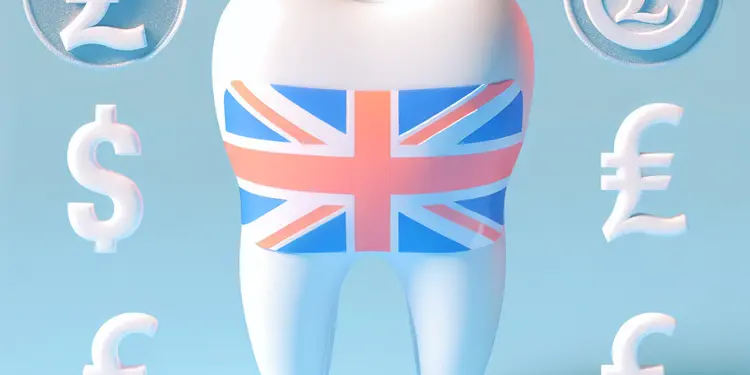
How does diet affect tooth decay?
Relevance: 26%
-
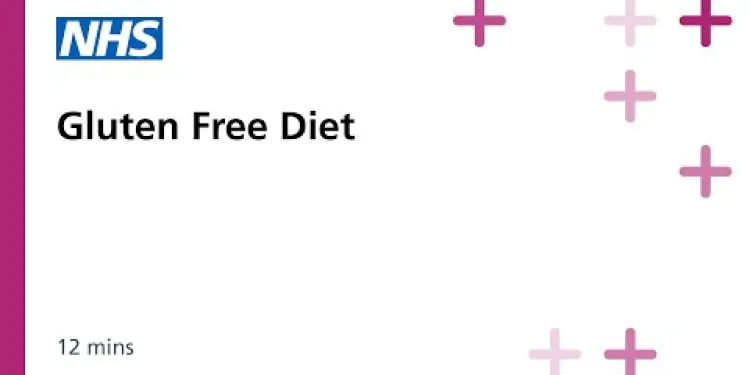
Coeliac Disease: The gluten free diet
Relevance: 26%
-
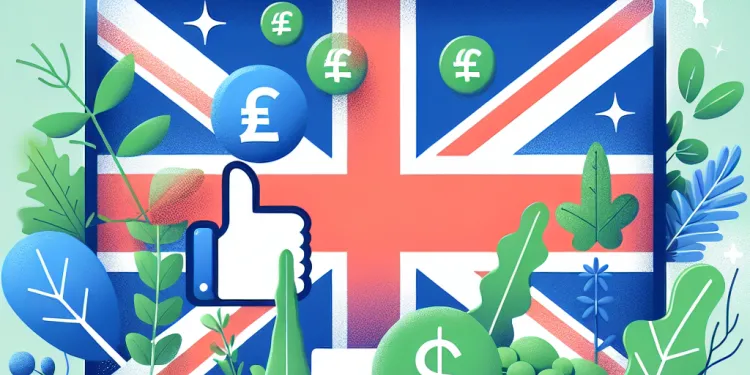
Record Number of Brits Embrace Plant-Based Diets for Wellbeing
Relevance: 26%
-
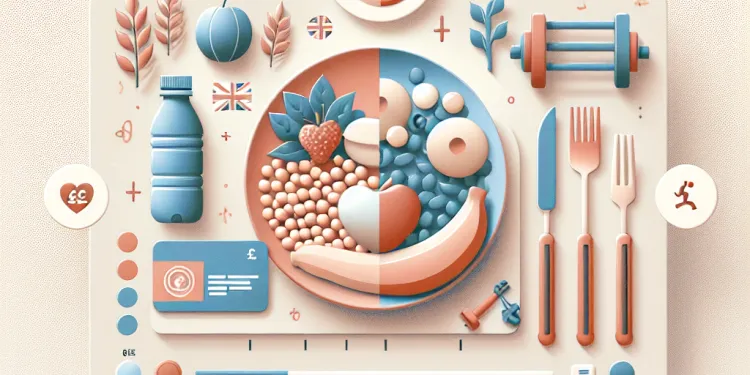
Can diet or lifestyle changes prevent appendicitis?
Relevance: 26%
-

Can orange juice be part of a healthy diet?
Relevance: 26%
-
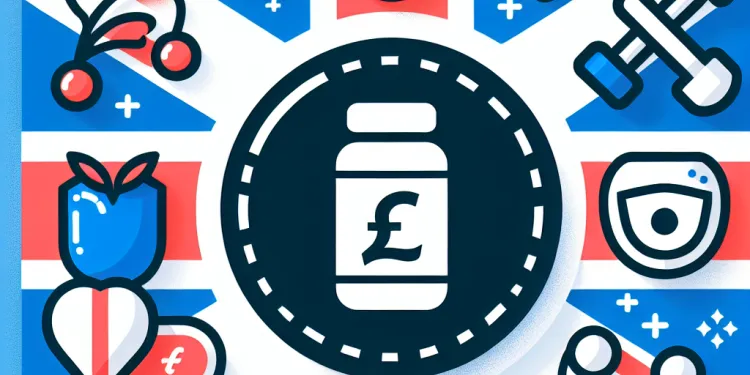
Do you need to follow a specific diet while on Wegovy?
Relevance: 26%
-

NHSGGC - Diet and Chronic Kidney Disease (CKD)
Relevance: 26%
-
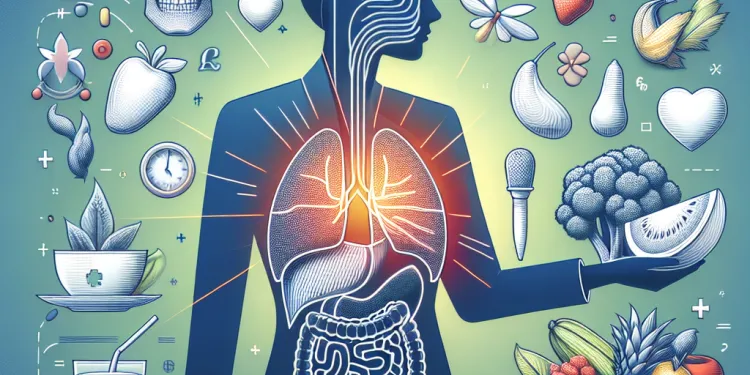
Can diet influence hay fever symptoms?
Relevance: 25%
-
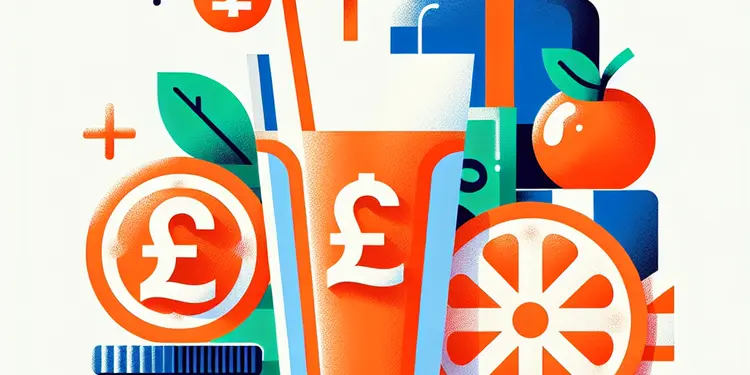
Does orange juice have any role in detox diets?
Relevance: 25%
-
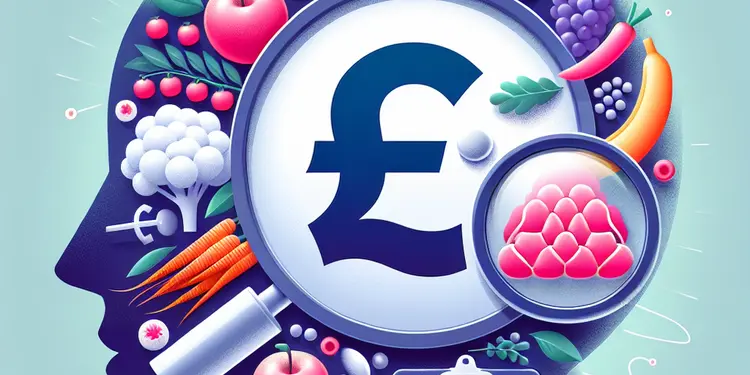
What role does diet play in menopause masking?
Relevance: 25%
-
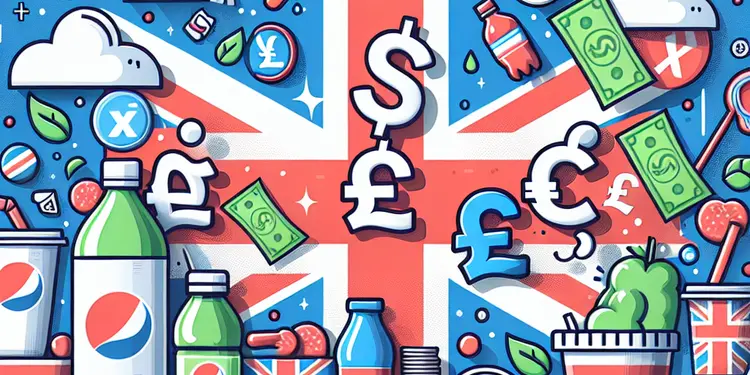
Is the sugar tax applied to diet or zero sugar drinks?
Relevance: 25%
-
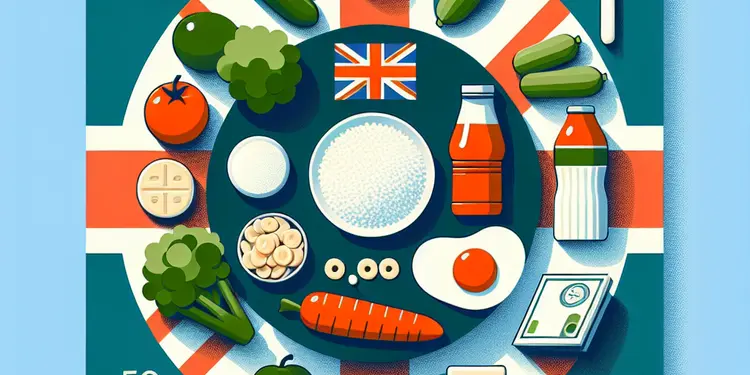
What is the recommended daily fat intake for a 2,000 calorie diet?
Relevance: 25%
-
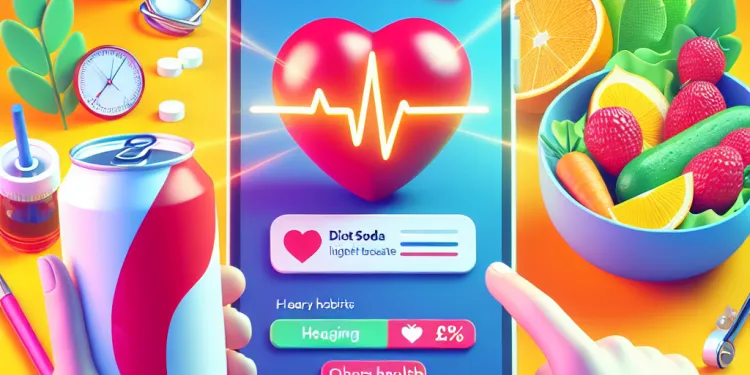
New Study Links Diet Soda to Increased Risk of Heart Disease
Relevance: 24%
-
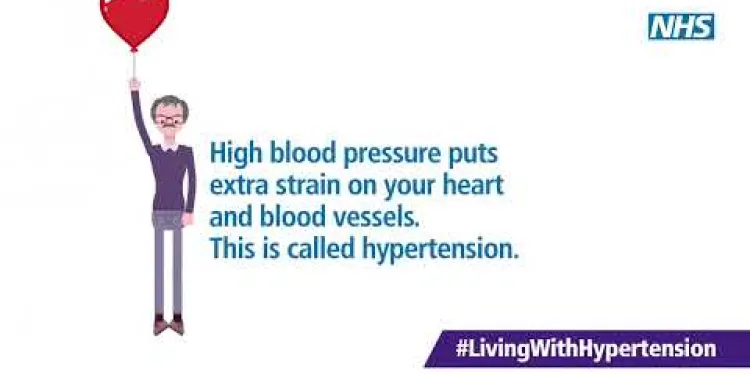
Blood pressure too high? Living with hypertension animation
Relevance: 24%
-
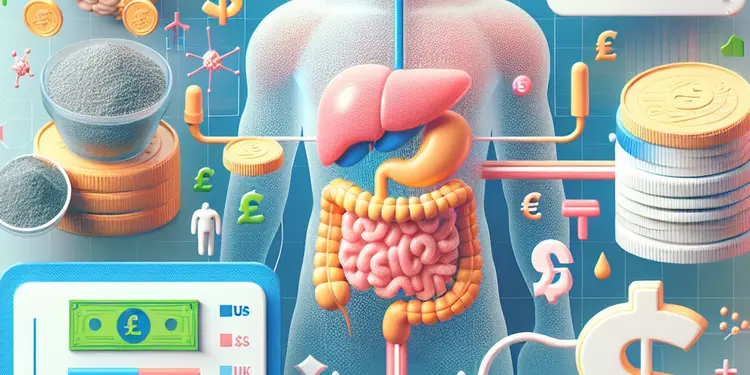
How does a high-sugar diet affect gut health in older adults?
Relevance: 24%
-
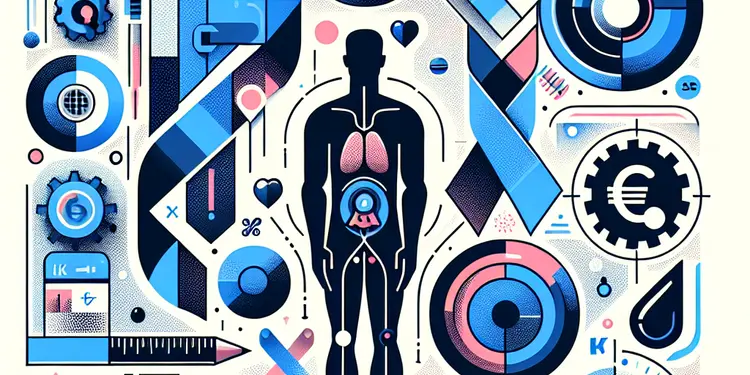
What type of research supports the role of diet in prostate cancer management?
Relevance: 24%
-

Can sunflower oil be part of a heart-healthy diet?
Relevance: 24%
-
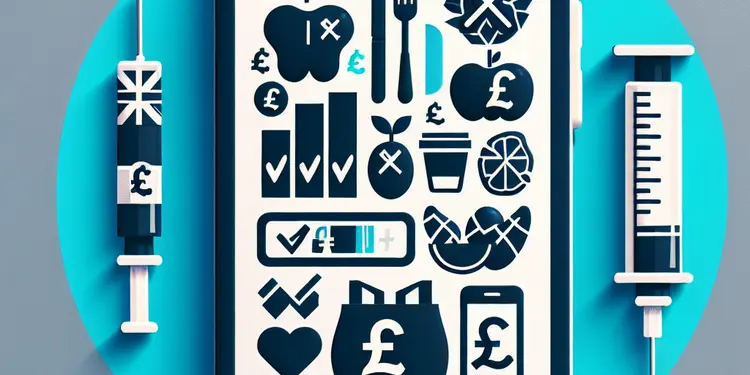
Can I take weight loss jabs without changing my diet or exercise?
Relevance: 24%
-
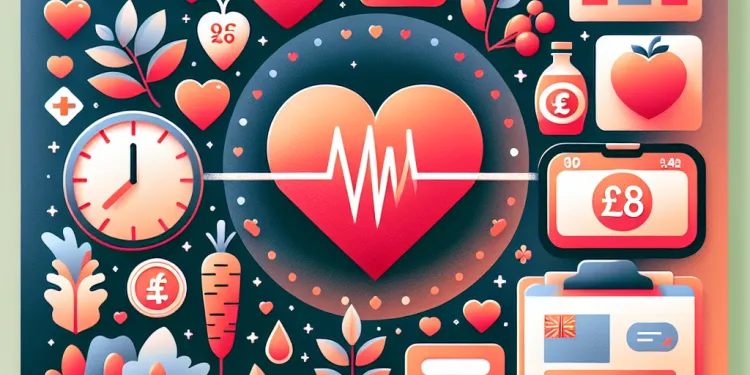
What lifestyle changes can lower blood pressure?
Relevance: 24%
What is the DASH Diet?
The DASH diet, which stands for Dietary Approaches to Stop Hypertension, is a dietary plan designed to help prevent and manage high blood pressure. Developed in the 1990s by the National Heart, Lung, and Blood Institute in the United States, the DASH diet has gained popularity worldwide, including in the UK, for its health benefits and effectiveness in reducing hypertension.
Principles of the DASH Diet
The core principle of the DASH diet is to reduce sodium intake while promoting the consumption of a variety of nutrient-rich foods. The diet encourages eating fruits, vegetables, whole grains, lean proteins, and low-fat dairy products. It also recommends limiting foods that are high in saturated fats, cholesterol, and trans fats.
One of the key features of the DASH diet is its emphasis on potassium, calcium, and magnesium, nutrients that help lower blood pressure. Foods rich in these minerals include bananas, sweet potatoes, beans, lentils, and dairy products.
Benefits of the DASH Diet
Research has consistently shown that the DASH diet is effective in lowering blood pressure, which is crucial in reducing the risk of cardiovascular diseases. High blood pressure is a major risk factor for heart disease and stroke, so the diet's ability to manage hypertension can lead to significant health improvements.
Apart from lowering blood pressure, the DASH diet is also associated with other health benefits, such as improving cholesterol levels, aiding weight loss, and reducing the risk of diabetes. The nutrient-dense nature of the diet also supports overall well-being and promotes a balanced lifestyle.
Implementing the DASH Diet
The DASH diet is designed to be flexible and easy to follow. It does not require special foods but instead focuses on incorporating a variety of healthy foods into one's daily routine. The UK guidelines suggest an adult limit their daily sodium intake to about 6 grams, which aligns with the DASH diet's recommendations.
To start the DASH diet, individuals can gradually increase the amount of fruits and vegetables they eat, choose whole grains over refined grains, and opt for lean meats like chicken and fish instead of red meats. Reducing the intake of sugary drinks and snacks is also encouraged, replacing them with healthier options such as water, herbal teas, fresh fruits, and nuts.
Conclusion
The DASH diet offers a practical approach to maintaining heart health and managing blood pressure. Given its focus on natural, unprocessed foods and balanced nutrients, it is not only effective for those with hypertension but also beneficial for anyone looking to adopt healthier eating habits. Its adaptability makes it suitable for a wide audience, and it can be a sustainable part of a healthy lifestyle in the UK.
What is the DASH Diet?
The DASH diet helps people eat better to lower high blood pressure. It was made in the 1990s in America. The plan is popular because it can help with health, especially in the UK.
Main Ideas of the DASH Diet
The DASH diet helps cut down on salt and eat more healthy foods. It tells you to eat lots of fruits, vegetables, whole grains, lean meats, and low-fat milk products. It also says to eat less fatty and greasy foods.
The diet likes foods with potassium, calcium, and magnesium because they help lower blood pressure. Good foods are bananas, sweet potatoes, beans, lentils, and milk products.
Why the DASH Diet is Good
The DASH diet can help lower blood pressure, which means less chance of heart problems or strokes. It also helps improve cholesterol, lose weight, and lower the risk of diabetes. The diet is full of good nutrients, so it helps you stay healthy overall.
How to Start the DASH Diet
The DASH diet is simple and easy to do. You don't need to buy special foods, just eat more healthy ones. In the UK, adults should eat no more than about 6 grams of salt a day, which is part of the DASH plan.
To try the DASH diet, eat more fruits and veggies, pick whole grains instead of white breads, and choose lean meats like chicken and fish. Drink less sugary drinks and have healthier choices like water, herbal teas, fruits, and nuts instead.
Conclusion
The DASH diet helps keep your heart healthy and manage blood pressure. It focuses on natural, simple foods, so it helps anyone eat better. You can easily fit it into your life and follow it for a long time, even in the UK.
Frequently Asked Questions
What is the DASH diet?
The DASH diet, which stands for Dietary Approaches to Stop Hypertension, is a dietary plan designed to help reduce high blood pressure and improve heart health.
What are the main components of the DASH diet?
The DASH diet emphasizes the consumption of fruits, vegetables, whole grains, lean proteins, and low-fat dairy while reducing the intake of saturated fats, salt, and added sugars.
How does the DASH diet help lower blood pressure?
The DASH diet can help lower blood pressure by reducing sodium intake and increasing the intake of nutrients like potassium, calcium, and magnesium, which help regulate blood pressure.
Is the DASH diet suitable for everyone?
The DASH diet is generally considered safe and beneficial for most people, especially those concerned about heart health, but it's always best to consult with a healthcare provider before making significant dietary changes.
Can the DASH diet help with weight loss?
While the DASH diet is not specifically designed for weight loss, its emphasis on whole foods and reduced processed food intake can promote weight loss as a secondary benefit.
How much sodium does the DASH diet recommend?
The standard DASH diet recommends limiting sodium intake to 2,300 milligrams per day, but a lower target of 1,500 milligrams is advised for even greater reductions in blood pressure.
Can I follow the DASH diet if I am vegetarian or vegan?
Yes, the DASH diet can be adapted for vegetarian or vegan lifestyles by focusing on plant-based proteins such as beans, lentils, nuts, and seeds.
What can I eat for breakfast on the DASH diet?
A DASH diet breakfast might include whole grain oatmeal topped with fresh fruit and a serving of low-fat milk or yogurt.
Is alcohol allowed on the DASH diet?
Alcohol consumption is generally not emphasized on the DASH diet because excessive drinking can increase blood pressure.
Are there any foods to avoid on the DASH diet?
On the DASH diet, it's advised to avoid or limit foods high in saturated fats, cholesterol, and added sugars, such as fatty meats, full-fat dairy products, sugary drinks, and baked goods.
How does the DASH diet compare to the Mediterranean diet?
Both diets focus on whole foods and heart health, but the DASH diet specifically targets sodium reduction for blood pressure control, while the Mediterranean diet emphasizes healthy fats like olive oil.
Can I eat snacks on the DASH diet?
Yes, healthy snacks such as fresh fruit, vegetables, nuts, and seeds are encouraged on the DASH diet.
Does the DASH diet require calorie counting?
The DASH diet focuses more on food quality and portion control rather than strict calorie counting, although some individuals may choose to monitor calories for weight management.
How quickly can I expect results from the DASH diet?
Some people may see improvements in blood pressure within two weeks of starting the DASH diet, but individual results can vary.
Is exercise part of the DASH diet plan?
While exercise is not a formal component of the DASH diet, regular physical activity is encouraged as part of a healthy lifestyle.
How can I get started on the DASH diet?
To start the DASH diet, focus on incorporating more fruits, vegetables, whole grains, and lean proteins into your meals while reducing sodium and processed foods.
Can children follow the DASH diet?
The basic principles of the DASH diet, such as eating more fruits and vegetables and less added sugar and salt, are beneficial for children, but portions and specific needs should be adjusted for age and developmental requirements.
Is the DASH diet suitable for people with diabetes?
The DASH diet can be suitable for people with diabetes as it focuses on whole foods, balanced meals, and controlled sugar intake, but it's important to tailor the diet to individual health needs.
Is the DASH diet effective without reducing sodium?
While sodium reduction is a key part of the DASH diet, following its other guidelines such as increased intake of fruits and vegetables can still offer health benefits, though maximum blood pressure reduction is achieved with sodium reduction.
Where can I find DASH diet meal plans?
DASH diet meal plans are widely available through various health organizations, registered dietitians, and online resources dedicated to the diet.
What is the DASH diet?
The DASH diet is a way of eating that helps you stay healthy.
DASH stands for "Dietary Approaches to Stop Hypertension" which means it helps lower blood pressure.
To make it easier to understand:
- Eat more fruits and vegetables.
- Choose foods that are low in salt.
- Pick whole grains, like brown bread and rice.
- Eat lean proteins, such as chicken and fish.
- Drink low-fat milk.
You can use pictures of foods to help remember what to eat. You can also ask someone to help you plan your meals.
The DASH diet helps people with high blood pressure get better. It stands for "Dietary Approaches to Stop Hypertension." This diet is good for the heart.
What are the main parts of the DASH diet?
The DASH diet is about eating healthy foods.
Here are the main parts:
- Fruits and vegetables: Eat lots of fruits and veggies every day.
- Whole grains: Choose foods like whole-grain bread and brown rice.
- Lean proteins: Eat chicken, fish, beans, and nuts. These are good for you.
- Low-fat dairy: Drink milk and eat cheese that is low in fat.
- Less salt: Try to use less salt in your food.
- Limit sweets: Try to eat fewer sweet foods and drinks.
If you find reading hard, here are some tips:
- Read one line at a time: Use your finger or a ruler to keep track.
- Ask for help: It's okay to ask someone to explain things to you.
- Use pictures: Find pictures that show healthy foods.
The DASH diet is a way of eating that helps you stay healthy. It tells you to eat lots of fruits and veggies, whole grains like brown bread and rice, lean meats like chicken, and low-fat milk, cheese, and yogurt. It also tells you to eat less fatty foods, cut down on salt, and avoid sugary treats.
Tips: - Try using a meal planner app to help choose foods from the DASH diet. - Use measuring spoons to help with portion sizes. - If you need help, you could ask someone you trust to plan meals with you.
How does the DASH diet help lower blood pressure?
The DASH diet can help lower blood pressure. It tells you to eat healthy foods. This means more fruits, veggies, and whole grains. It also means less salt. Eating this way can make your heart healthier.
Tips to make it easier:
- Use pictures of fruits, veggies, and grains to help remember.
- Ask a family member to cook meals with you.
- Write a simple grocery list with these foods.
The DASH diet is good for your heart. It helps lower blood pressure. This diet means eating less salt and more good things like potassium, calcium, and magnesium. These things help keep your blood pressure healthy.
Can everyone use the DASH diet?
The DASH diet is a way to eat to help your heart. It is good for many people.
But not everyone is the same. Talk to your doctor before starting any new diet.
You can use tools to help. Try using meal planners or simple recipes.
The DASH diet is a way of eating that can help keep your heart healthy. It is safe for most people. But before you change your diet, talk to a doctor to make sure it’s okay for you.
Can the DASH diet help me lose weight?
The DASH diet is a way of eating healthy foods. It can help some people lose weight.
What is the DASH diet?
It means eating lots of fruits, vegetables, and whole grains.
It means eating less salt, sugar, and fat.
Can it help you?
If you follow the DASH diet, you might lose weight.
It can also help you stay healthy.
Tips for following the DASH diet:
- Eat fruits and vegetables every day.
- Choose whole grains like brown bread and rice.
- Drink water instead of sugary drinks.
Helpful tools:
You can use a food chart to track what you eat.
Apps can help you remember to eat healthy foods.
The DASH diet helps you eat healthy foods. It focuses on eating fresh foods instead of junk food. This can help you lose weight, even though the diet is not made just for weight loss.
How much salt should you eat on the DASH diet?
The DASH diet is a way of eating that helps keep your heart healthy. It says not to eat too much salt. You should have no more than 2,300 milligrams of salt each day. If you want to make your blood pressure even better, try to have only 1,500 milligrams of salt a day.
Can I do the DASH diet if I don't eat meat?
Yes, you can change the DASH diet to work for people who are vegetarian or vegan. You can eat foods like beans, lentils, nuts, and seeds to get protein.
What can I eat for breakfast on the DASH diet?
The DASH diet helps you stay healthy. It is good for your heart. Here are some easy breakfast ideas for the DASH diet:
- Eat oatmeal with fruit. You can use apples or bananas.
- Have a whole grain toast. Add a little peanut butter.
- Try yogurt with nuts or berries.
- Make a smoothie with milk and fruit.
- Eat eggs with vegetables.
These foods are good for you. They help you begin your day with energy. You can also talk to a doctor or dietitian. They can help you with more ideas.
A DASH diet breakfast could have oatmeal made from whole grains. You can put fresh fruit on top. You might also have a glass of low-fat milk or a cup of yogurt.
Can you drink alcohol on the DASH diet?
Drinking alcohol is not a big part of the DASH diet. This is because drinking too much alcohol can make your blood pressure go up.
Are there foods you should not eat on the DASH diet?
On the DASH diet, try not to eat too much fatty meat, full-fat milk and cheese, sugary drinks, and sweet baked treats. These are high in bad fats, cholesterol, and sugars.
How are the DASH diet and the Mediterranean diet different?
The DASH diet and the Mediterranean diet are both ways of eating to help people stay healthy. Here is how they are different:
- DASH Diet: Focuses on lowering blood pressure. It's good to eat fruits, vegetables, and low-fat foods. Try to eat less salt and sugar.
- Mediterranean Diet: Is based on traditional foods from countries like Greece and Italy. It’s good to eat lots of fruits, vegetables, and olive oil. Fish is good to eat too.
Both diets can help you stay healthy. You can try using a food tracker or calendar to plan meals. This can help you remember what to eat each day.
Both diets want you to eat healthy foods. They are good for your heart. The DASH diet helps by cutting down on salt to keep blood pressure low. The Mediterranean diet uses good fats like olive oil to keep you healthy.
Here are some ways to make reading easier:
- Use pictures to understand words better.
- Read out loud to help understand the text.
- Ask someone to read with you.
Can I have snacks on the DASH diet?
Yes, you can have snacks on the DASH diet. Choose healthy snacks like fruits, veggies, or nuts.
Remember: Drink water too!
Yes, you should eat healthy snacks like fresh fruit, vegetables, nuts, and seeds on the DASH diet. These foods are good for you.
Do you need to count calories on the DASH diet?
The DASH diet helps you eat healthy foods and the right amount. It doesn't make you count every calorie. But some people might still want to, to help them keep a healthy weight.
How fast will I see changes with the DASH diet?
You might see your blood pressure get better in just two weeks after starting the DASH diet. But it can be different for everyone.
Do you need to exercise with the DASH diet?
The DASH diet helps you eat healthy food.
Exercising can make you feel better and stay healthy.
You don’t have to exercise when on the DASH diet, but it can help.
If you can, try to move your body each day.
Ask someone for help if you need it.
Exercise is not a part of the DASH diet plan. But it is important to stay active and move your body to stay healthy.
How do I begin the DASH diet?
The DASH diet helps you be healthy. Here is how to start:
- Eat lots of fruits and vegetables. They are good for you.
- Choose whole grains, like brown bread and rice.
- Drink water instead of sugary drinks.
- Eat less salt. Try herbs and spices to add flavor.
- Pick lean meats like chicken and fish.
If you need help, ask someone you trust or talk to a doctor. You can use pictures and charts to see what to eat. Try using simple shopping lists to plan your meals.
To begin the DASH diet, try to eat more fruits, vegetables, whole grains, and lean meats. Also, eat less salt and processed foods.
Here are some tips to help you:
- Make a list of fruits and vegetables you like. Try to eat them every day.
- Choose whole grain bread and pasta instead of white ones.
- Pick lean meats like chicken or fish.
- Use herbs and spices for flavor instead of salt.
- Try new recipes that include these healthy foods.
Can kids eat the DASH diet?
The DASH diet is a way of eating that helps children stay healthy. It says to eat more fruits and vegetables. It also says to eat less sugar and salt. It's important to give the right amount of food for how old they are and what they need to grow.
Tools like picture charts can help. Cooking with kids can make learning fun, too!
Can people with diabetes use the DASH diet?
The DASH diet can be good for people with diabetes. It helps keep your blood sugar steady. It can also help your heart stay healthy.
Here are some easy tips to follow:
- Eat lots of fruits and veggies.
- Choose whole grains like brown bread and rice.
- Pick lean meats like chicken and fish.
- Use less salt to make food tasty.
You can ask a doctor for advice. You can also talk to a nutritionist. They can help make a plan that's right for you.
The DASH diet can be good for people with diabetes. It helps you eat healthy foods, have balanced meals, and eat less sugar. But it's important to change the diet to fit what your body needs.
Does the DASH diet work without eating less salt?
Eating less salt is important in the DASH diet. But, it's also good to eat more fruits and vegetables. This can help make you healthier, even if you don't eat less salt. But remember, eating less salt helps lower blood pressure the most.
Here are some ways to help you follow the DASH diet:
- Use apps that remind you to eat fruits and vegetables.
- Put sticky notes in your kitchen to remind you to eat less salt.
- Ask a friend or family member to help you stick to the diet.
Where can I find DASH diet meal plans?
The DASH diet helps you eat healthy. Here are some ways to find meal plans:
- Ask a doctor or nurse for help.
- Look for books at the library about DASH diet.
- Search online for easy DASH diet meal plans.
- Use apps that show healthy recipes.
If reading is hard, ask someone to help you. It's okay to ask for help!
You can find DASH diet meal plans in many places. Health groups, diet experts, and websites all have plans that can help you.
Useful Links
This website offers general information and is not a substitute for professional advice.
Always seek guidance from qualified professionals.
If you have any medical concerns or need urgent help, contact a healthcare professional or emergency services immediately.
- Ergsy carfully checks the information in the videos we provide here.
- Videos shown by Youtube after a video has completed, have NOT been reviewed by ERGSY.
- To view, click the arrow in centre of video.
- Most of the videos you find here will have subtitles and/or closed captions available.
- You may need to turn these on, and choose your preferred language.
- Go to the video you'd like to watch.
- If closed captions (CC) are available, settings will be visible on the bottom right of the video player.
- To turn on Captions, click settings .
- To turn off Captions, click settings again.
More Items From Ergsy search
-

What is the DASH diet?
Relevance: 100%
-

How does diet affect blood pressure?
Relevance: 48%
-

Understanding the Benefits of the Mediterranean Diet
Relevance: 30%
-

Can a low-fat diet be unhealthy?
Relevance: 30%
-

What is the role of diet in managing heart failure?
Relevance: 30%
-

Can diet affect psoriasis?
Relevance: 30%
-

Can diet affect tinnitus?
Relevance: 30%
-

Can diet affect eczema?
Relevance: 29%
-

Can diet affect asthma?
Relevance: 29%
-

What role does diet play in managing obesity?
Relevance: 29%
-

Can diet impact BPH?
Relevance: 29%
-

Can diet affect ADHD symptoms?
Relevance: 28%
-

Why is fat important in my diet?
Relevance: 28%
-

What is the best diet for Crohn’s disease?
Relevance: 28%
-

What is the omega-6 to omega-3 ratio in diets?
Relevance: 28%
-

Is diet linked to the rise in bowel cancer?
Relevance: 28%
-

Can diet influence cortisol levels?
Relevance: 27%
-

Does your diet affect IBS?
Relevance: 27%
-

What is the role of sugar in a balanced diet?
Relevance: 27%
-

Can diet impact postnatal depression?
Relevance: 27%
-

Can junk food be part of a balanced diet?
Relevance: 27%
-

How does diet affect tooth decay?
Relevance: 26%
-

Coeliac Disease: The gluten free diet
Relevance: 26%
-

Record Number of Brits Embrace Plant-Based Diets for Wellbeing
Relevance: 26%
-

Can diet or lifestyle changes prevent appendicitis?
Relevance: 26%
-

Can orange juice be part of a healthy diet?
Relevance: 26%
-

Do you need to follow a specific diet while on Wegovy?
Relevance: 26%
-

NHSGGC - Diet and Chronic Kidney Disease (CKD)
Relevance: 26%
-

Can diet influence hay fever symptoms?
Relevance: 25%
-

Does orange juice have any role in detox diets?
Relevance: 25%
-

What role does diet play in menopause masking?
Relevance: 25%
-

Is the sugar tax applied to diet or zero sugar drinks?
Relevance: 25%
-

What is the recommended daily fat intake for a 2,000 calorie diet?
Relevance: 25%
-

New Study Links Diet Soda to Increased Risk of Heart Disease
Relevance: 24%
-

Blood pressure too high? Living with hypertension animation
Relevance: 24%
-

How does a high-sugar diet affect gut health in older adults?
Relevance: 24%
-

What type of research supports the role of diet in prostate cancer management?
Relevance: 24%
-

Can sunflower oil be part of a heart-healthy diet?
Relevance: 24%
-

Can I take weight loss jabs without changing my diet or exercise?
Relevance: 24%
-

What lifestyle changes can lower blood pressure?
Relevance: 24%


